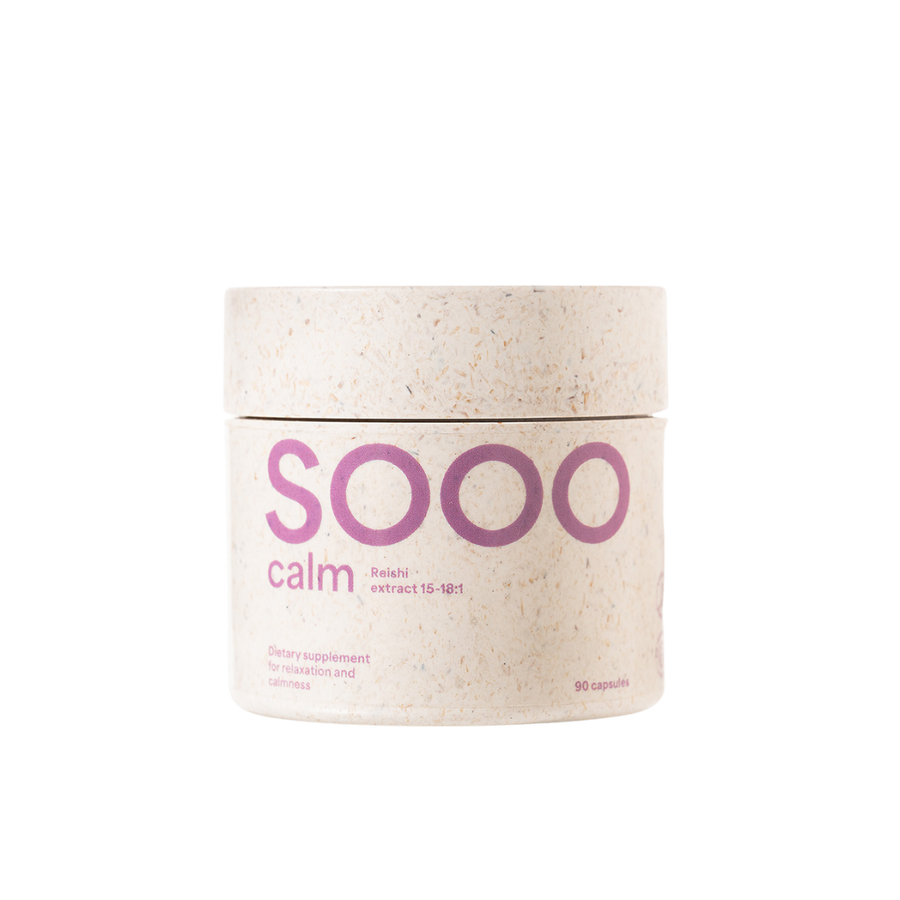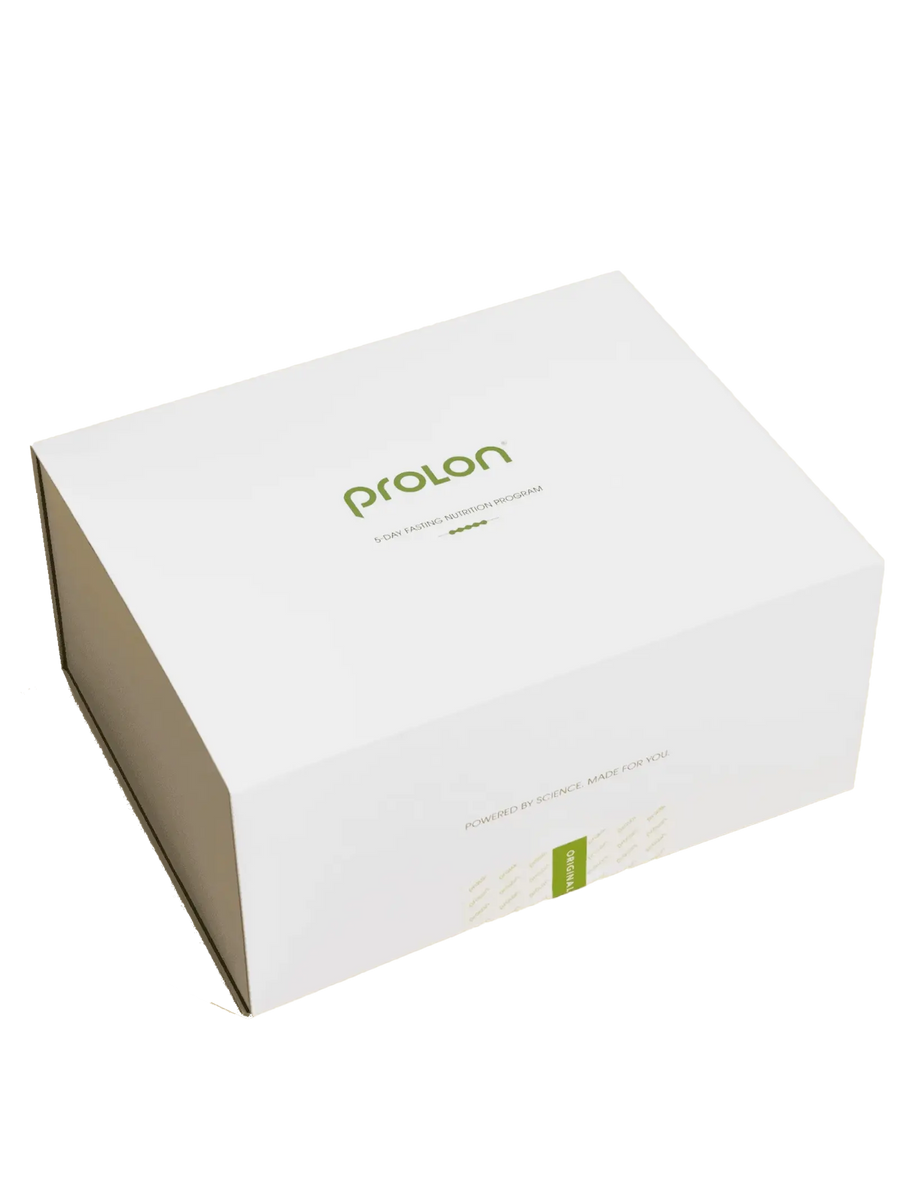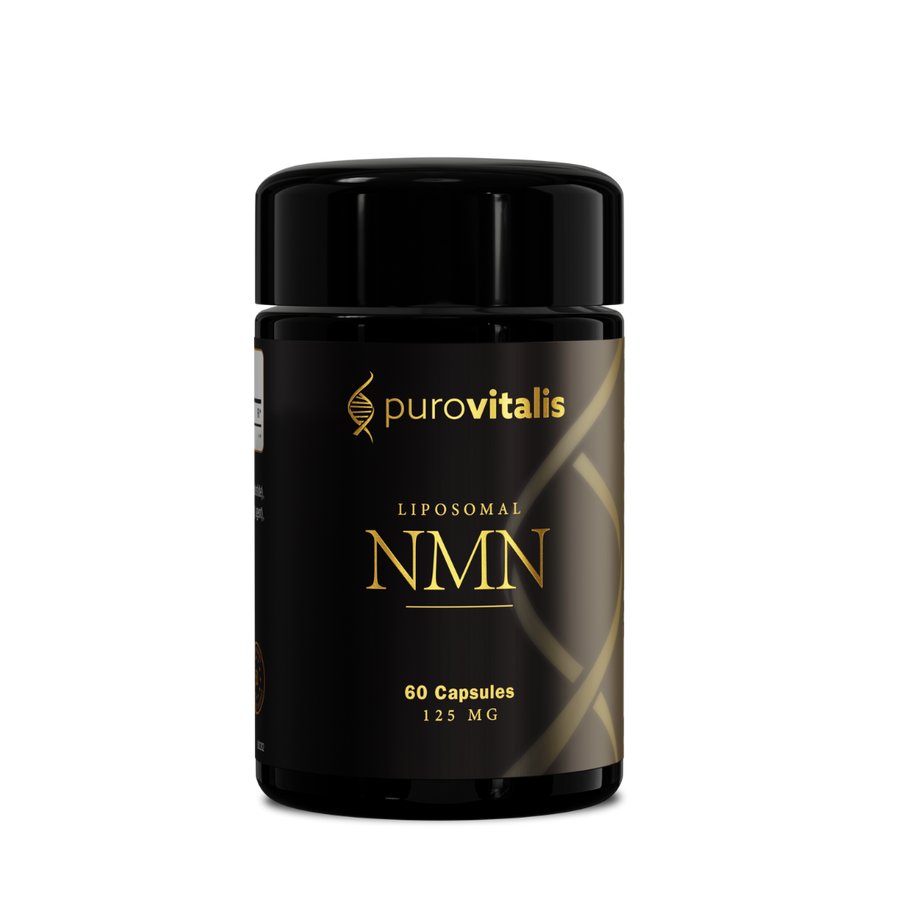Selenium: The Unsung Mineral That Powers Immunity, Thyroid Health, and Longevity

Selenium may not make headlines like vitamin C or magnesium, but this essential trace mineral plays a major role in your long-term health. From protecting your cells against oxidative damage to supporting your immune and thyroid functions, selenium is one of nature’s most powerful, and often overlooked, health allies.
Whether you’re getting it through food or supplements, maintaining optimal selenium levels can have a profound impact on how you feel and how well your body performs as you age.
What Is Selenium and Why Do You Need It?
Selenium is a micronutrient that your body needs in small amounts to function properly. It acts as a key component of antioxidant enzymes, helping protect your cells from damage caused by free radicals and environmental toxins. But its benefits go far beyond basic antioxidant defense.
Top Health Benefits of Selenium
1. Brain and Cognitive Support
Selenium plays an important role in protecting neurons from oxidative stress, one of the main drivers of cognitive decline as we age. Studies have found that people with higher selenium intake tend to have better memory, focus, and overall brain function. Maintaining selenium levels may help reduce the risk of age-related cognitive issues.
2. Stronger Immune Function
Selenium helps regulate how your immune cells respond to threats. It supports the activity of white blood cells, enhances your body’s defense against viruses, and can even reduce inflammation. Research suggests that selenium deficiency may impair immune responses and increase susceptibility to illness.
3. Antioxidant & Anti-Inflammatory Power
One of selenium’s primary jobs is to support antioxidant enzymes like glutathione peroxidase, which neutralize free radicals in the body. This helps prevent cellular damage, premature aging, and inflammation, key factors in many chronic conditions.
4. Thyroid Health and Hormone Balance
Selenium is essential for converting inactive thyroid hormone (T4) into its active form (T3). This is crucial for maintaining energy levels, metabolism, mood, and overall endocrine health. It also helps protect the thyroid gland from inflammation, particularly in autoimmune conditions like Hashimoto’s thyroiditis.
5. Heart Health and Longevity
Studies have shown that selenium may contribute to better cardiovascular health by reducing oxidative stress and inflammation in blood vessels. In regions with selenium-rich soil, populations tend to have lower heart disease rates and longer lifespans. Supplementation has also been linked to reduced mortality in older adults.
How Much Selenium Do You Need?
Here are the general recommended daily intakes for selenium:
| Age Group | Recommended Daily Intake |
|---|---|
| Adults (19–50+) | 55 mcg/day |
| Pregnant Individuals | 60 mcg/day |
| Breastfeeding Individuals | 70 mcg/day |
These values include selenium from both food and supplements. Getting too much or too little can be harmful, so it’s important to stay within the optimal range.
Signs of Selenium Deficiency
Although rare in well-nourished populations, selenium deficiency can still occur—especially in areas where the soil is low in selenium or in those with restrictive diets. Common signs include:
-
Fatigue or low energy
-
Weakened immunity
-
Hair thinning or hair loss
-
Poor thyroid function
-
Brain fog or memory issues
Long-term deficiency may increase the risk of heart disease, infertility, and cognitive decline.
Can You Get Too Much Selenium?
Yes, like many nutrients, balance is key. While selenium is beneficial in the right dose, excessive intake can lead to side effects such as:
-
Nausea or upset stomach
-
Hair and nail brittleness
-
Skin rashes
-
Fatigue
-
In extreme cases: selenosis, a condition affecting the nervous system
Stick to the recommended daily limits and consult your healthcare provider if you’re unsure about supplementation.
Natural Food Sources of Selenium
Selenium is found in a variety of whole foods, especially:
-
Brazil nuts (one of the richest sources)
-
Tuna, sardines, and other seafood
-
Eggs and dairy products
-
Whole grains
-
Meat and poultry
The selenium content in plant-based foods varies depending on the soil where they’re grown, which is why some people may not get enough through diet alone.
Selenium and Longevity: Is There a Link?
Yes. Research has shown that selenium may play a key role in healthy aging. In long-term studies, people with optimal selenium levels had lower rates of chronic disease, improved heart function, and even reduced overall mortality.
In fact, a large study in Sweden found that older adults supplementing with selenium and CoQ10 experienced better cardiovascular health and quality of life over a 12-year period. Another study in China linked selenium-rich soil with longer regional life expectancy.
Final Thoughts: The Case for Selenium
Selenium isn’t just a "nice-to-have" mineral, it’s essential for keeping your body resilient, balanced, and thriving. From supporting your immune system and thyroid to protecting your brain and heart, selenium offers a wide range of health benefits that contribute to longevity and vitality.
If you're looking to support your daily wellness, be sure to check whether your diet or supplement routine includes this vital micronutrient. And when shopping for nutritional products, look for formulas that thoughtfully include selenium in clinically appropriate doses.








